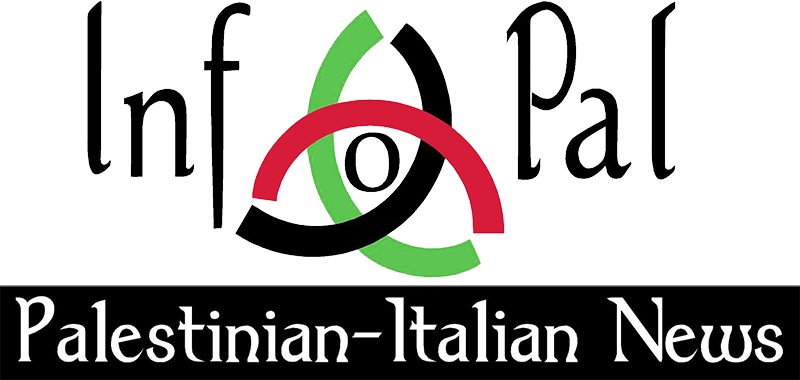Adn.com-Washington. Only on the complex and bloody battlefields of Syria could there emerge a schism that would seem absurd elsewhere: “good” al Qaida vs. “bad” al Qaida.
That concept is becoming increasingly accepted as Syrian fighters intensify their campaign to reclaim the mantle of the rebel cause from extremists who’d become as formidable an enemy as President Bashar Assad, the autocrat they’ve failed to topple after nearly three years of war.
Analysts who monitor the Syrian insurgency caution that the rebel forces fighting or taking territory from the feared Islamic State of Iraq and Syria, or ISIS, are themselves no champions of a Western-style democratic plan for Syria. The fighters run the spectrum from avowed al Qaida loyalists to ultraconservatives who want no cooperation with the West to two new groupings of more mainstream rebels who complain that the Obama administration has abandoned their struggle.
As a result, the analysts say, a development that from afar might appear to be encouraging – rebels uniting to isolate the most ruthless faction – in fact comes with a host of caveats and new concerns, not least that ISIS will return with a vengeance.
And it doesn’t resolve the fact that the United States still lacks a proven rebel partner in the conflict, a major snag to U.S. plans to build a strong opposition delegation to sit across from regime representatives at a long-anticipated peace summit that’s scheduled to begin in just two weeks.
“Yes, we’re closer to having a leadership of the opposition that can actually presume to call the shots in rebel Syria. But it’s not one we’re going to like very much,” said Joshua Landis, the director of the Center for Middle East Studies at the University of Oklahoma and the author of the blog Syria Comment.
In several instances, according to reports, ISIS is simply handing over posts to its sometimes ally, the Nusra Front, a U.S.-designated al Qaida affiliate that enjoys good relations with a cross-section of rebel brigades and which has assumed a mediator role in the current violence. The brutalities of ISIS make the Nusra Front, itself no stranger to beheadings and kidnappings, look downright moderate by comparison.
While Nusra Front fighters occasionally have joined in the battle against ISIS on a localized basis, Syria observers say, as an organization its stance seems intentionally ambiguous. The real charge against ISIS comes from two factions that were formed of the remnants of the U.S.-backed Free Syrian Army, and from the new ultraconservative powerhouse, the Islamic Front.
More than 250 people died in the fighting of recent days and ISIS has either surrendered or been routed from dozens of its positions, according to news and witness reports.
The balancing act for Nusra is that it wants to preserve its good relations with the other, more moderate fighting groups, but can’t be seen as selling out its ideological twin ISIS – even though ISIS technically is no longer an al Qaida affiliate after openly defying the orders of the terrorist network’s commander, Ayman al Zawahiri, to stop its incursion into Syria.
“Nusra has consistently played its cards right in Syria – it’s been remarkably smart in managing its public relations,” said Charles Lister, who focuses on the Syrian civil war as a visiting fellow at the Doha Center of the Brookings Institution. “It has maintained healthy relations with rebel groups of all ideological kinds, and its military might and demonstrated capacity to positively influence battles has made it a highly influential group.”
The relationship to watch, analysts say, is how the Nusra Front interacts in the future with the Islamic Front. Both groups emphasize that their problems with ISIS aren’t ideological, but because of their rival’s imperious attitude and refusal to enter into power-sharing agreements. Their hope is that ISIS foot soldiers will drift away to either Nusra or the Islamic Front, preventing an intra-jihadist showdown in what’s already a free-for-all.
Rebel supporters, Landis said, are now “on a charm offensive to portray Nusra as the ‘good al Qaida,’” an organization that’s only focused on the Syrian arena, is playing nicely with rival factions, and which doesn’t have ambitions to attack the United States or its allies.
Nusra and the Islamic Front have something else in common: an open channel to al Qaida leader Zawahiri. As the Long War Journal reported last month, a senior al Qaida operative, known by the alias Abu Khalid al Suri, is a leading figure in the Islamic Front and is close to the bloc’s leader, Hassan Abboud.
A publication devoted to conflict, The Long War Journal, citing intelligence sources, described al Suri as an al Qaida courier whom Spanish authorities suspect delivered “surveillance tapes of the World Trade Center and other American landmarks to al Qaida leadership in Afghanistan in early 1998.”
“Even if one were to decide that the Islamic Front is moderate, ideologically, they still don’t like the West and don’t want Western assistance,” said Aymenn al Tamimi, who analyzes radical Islamist groups in Syria and Iraq for the Philadelphia-based Middle East Forum.
Tamimi added that the relatively moderate rebels who want a more democratic future for Syria are worried that their uneasy, fluid cooperation with the Islamists will sour once ISIS is out of the picture or absorbed into the other factions.
Nevertheless, the Obama administration is making overtures to Abboud and his fighters. The White House acknowledged Friday that it’s even considering restarting aid shipments to the rebel movement, of which the Islamic Front is taking charge. Shipments were suspended last month when the U.S.-backed moderate rebel command saw its headquarters and warehouses pillaged by Islamist forces.
“Abboud is clearly keeping an open channel to Zawahiri, and maybe getting funding, but America has no choice here,” Landis said. “America is reaching out to him and saying, ‘Don’t write us off, let’s talk, you don’t really want to be with al Qaida.’”
Email: hallam@mcclatchydc.com; Twitter: @hannahallam
